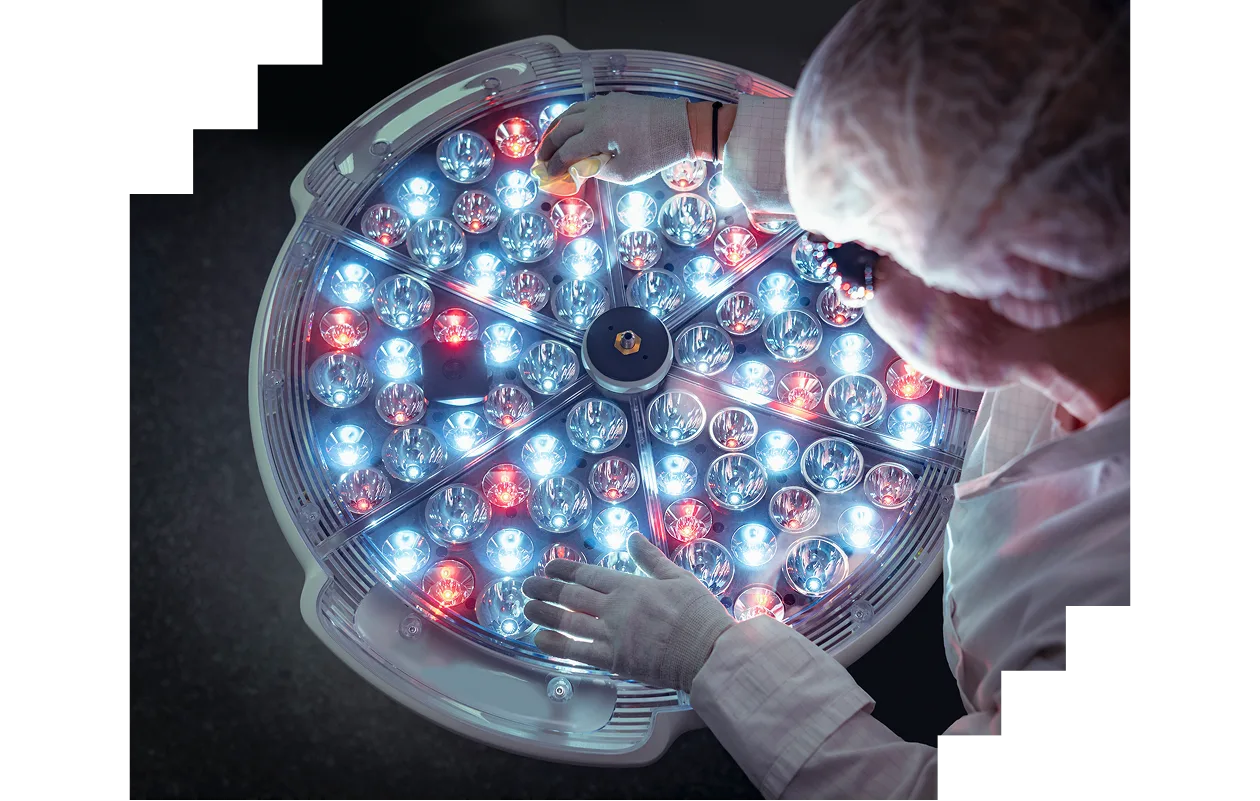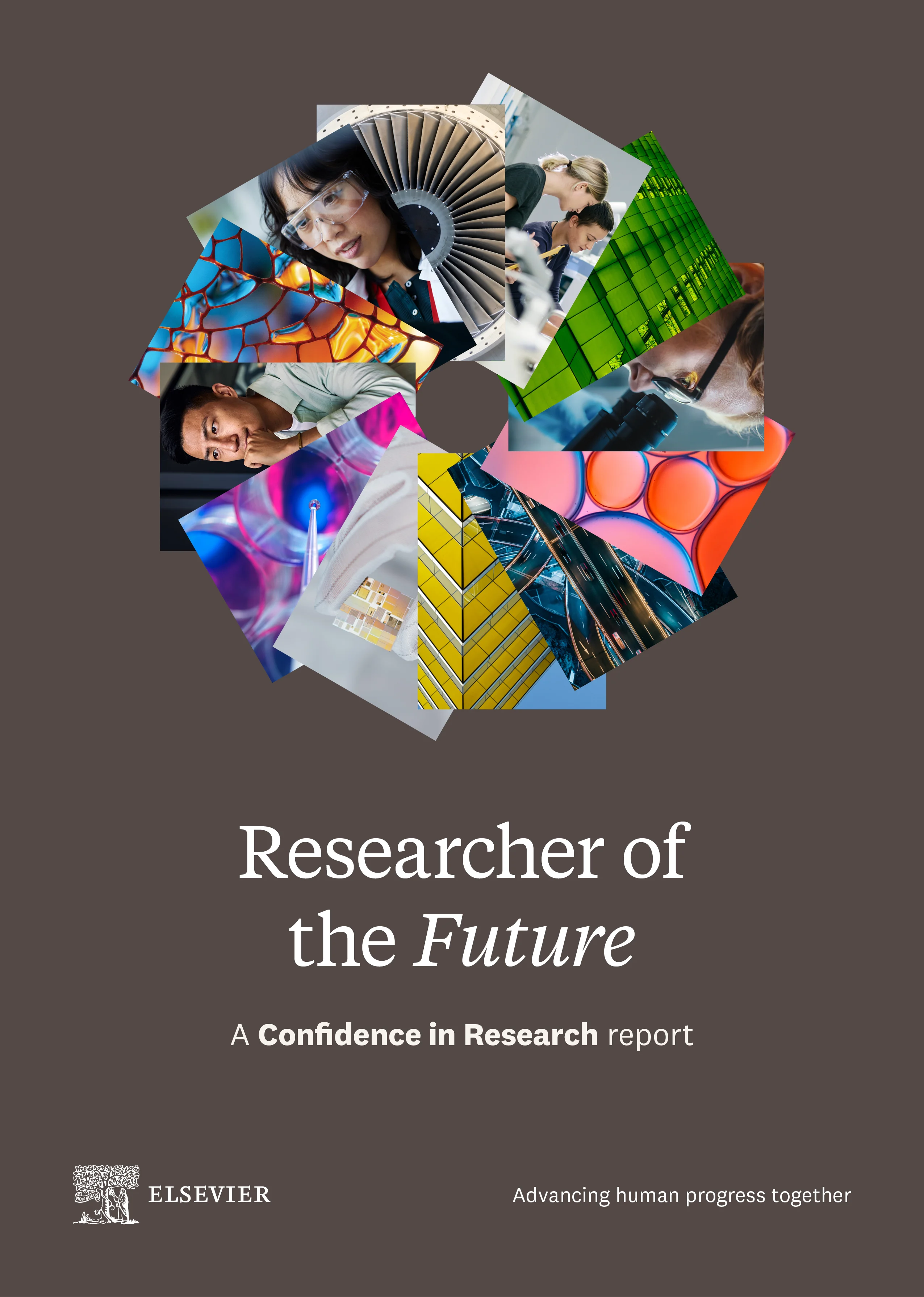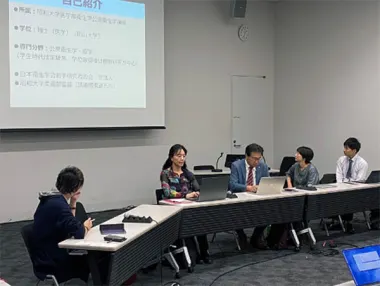Des pressions qui augmentent, mais une intégrité scientifique solide

Les chercheurs font face à une croissance exponentielle de l’information, à des charges administratives et d’enseignement accrues, à l’incertitude des financements et à la pression de publier.
45 % estiment disposer de suffisamment de temps pour la recherche
33 % seulement s’attendent à une hausse des financements dans les 2–3 prochaines années, l’optimisme étant le plus faible en Amérique du Nord et en Europe
68 % déclarent que la pression pour publier est plus forte qu’il y a 2–3 ans
74 % considèrent que la recherche évaluée par les pairs reste fiable et essentielle à l’intégrité scientifique













